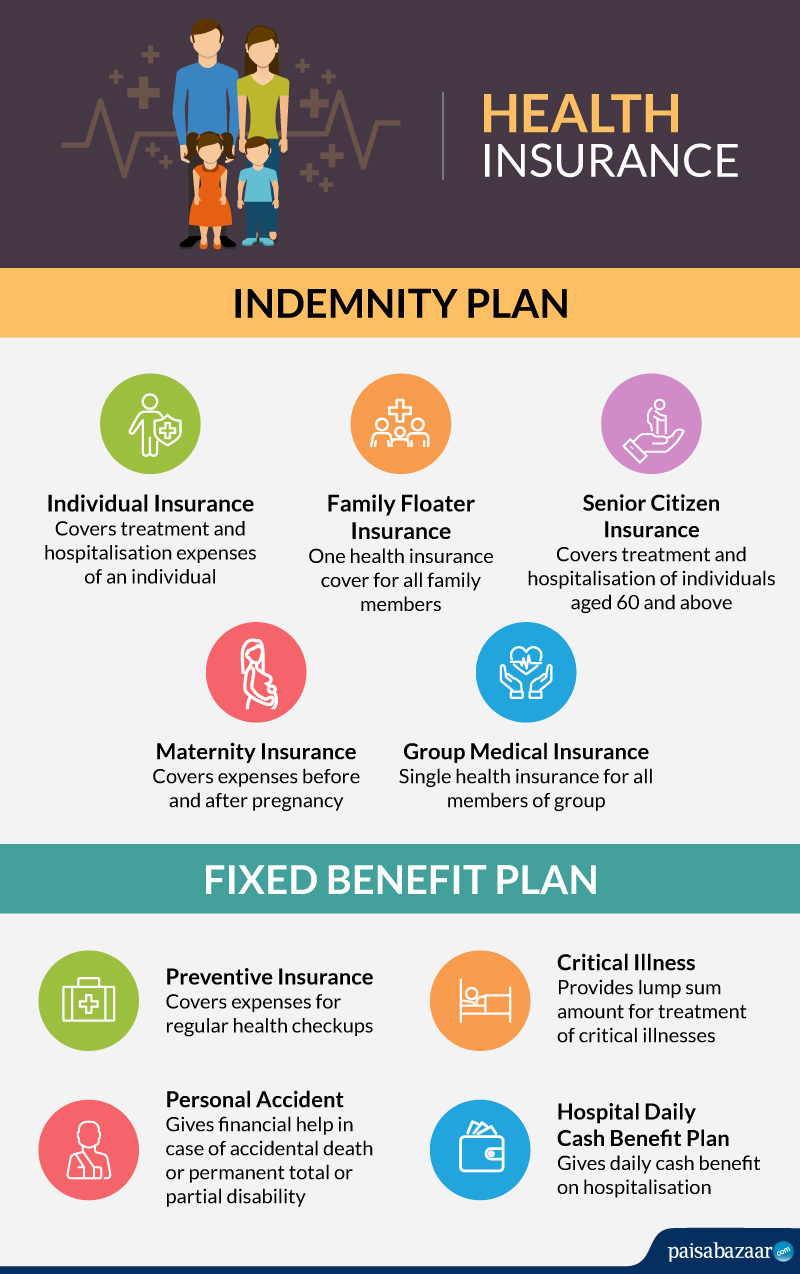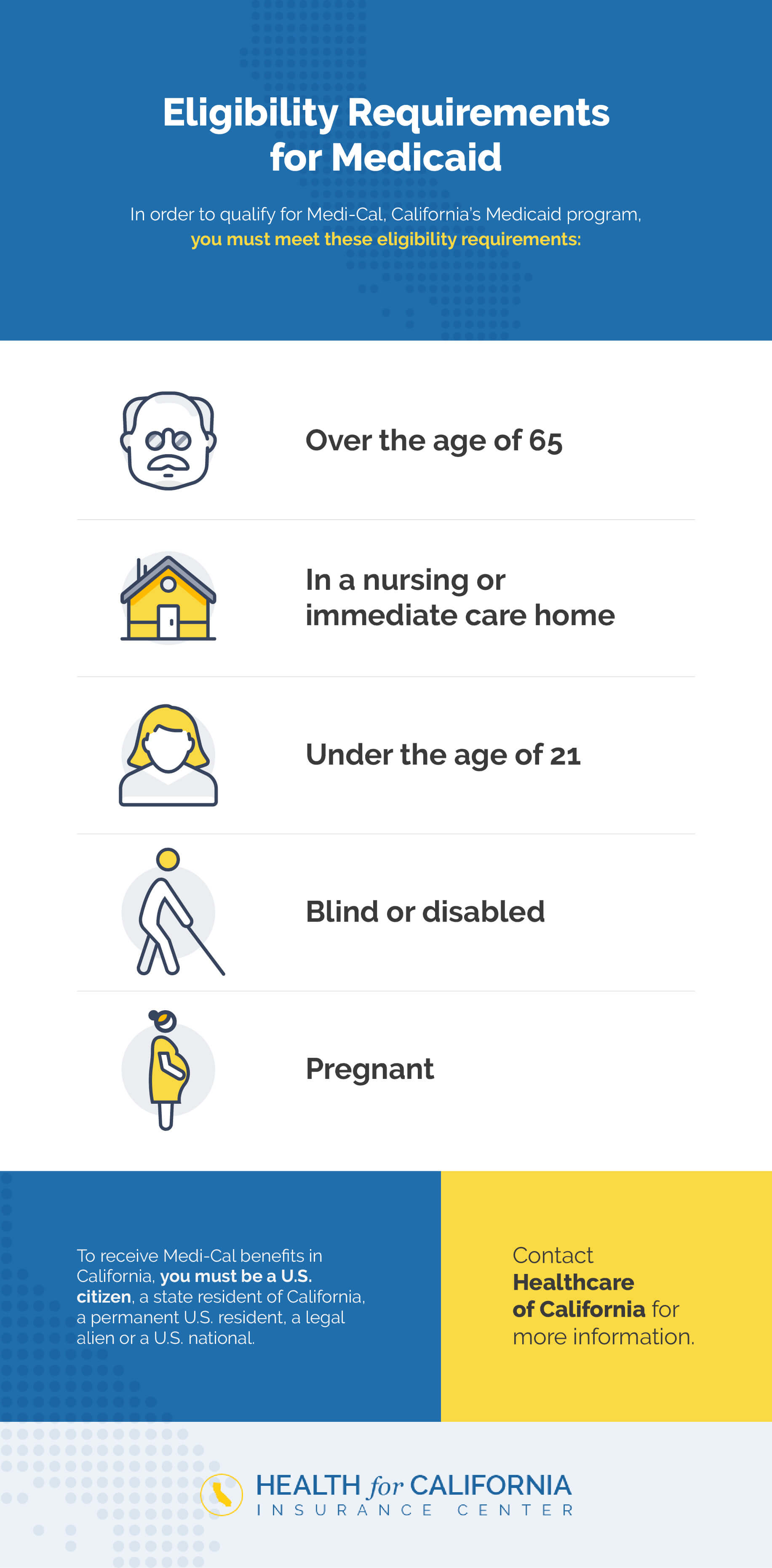9 Easy Facts About Medicare Advantage Agent Explained
9 Easy Facts About Medicare Advantage Agent Explained
Blog Article
All about Medicare Advantage Agent
Table of ContentsMedicare Advantage Agent - An OverviewLittle Known Facts About Medicare Advantage Agent.The smart Trick of Medicare Advantage Agent That Nobody is DiscussingThe Basic Principles Of Medicare Advantage Agent The Definitive Guide to Medicare Advantage AgentMedicare Advantage Agent Fundamentals ExplainedEverything about Medicare Advantage Agent

Major diseases can cost sometimes that. Healthcare coverage helps you obtain the treatment you require and safeguards you and your household financially if you get unwell or harmed. You can obtain it through: Your job or your partner's task, if the employer offers it. You have to satisfy eligibility requirements for federal government wellness care programs. To find out more about federal government programs, check out Benefits.gov. Find out more: Medical insurance: 5 points you may not recognize Enjoy: Are you unexpectedly needing medical insurance? You can add your family members to a work health insurance plan. If you purchase from an insurance business or the marketplace, you can acquire
a plan that additionally covers your household. They don't need to live in your home, be enlisted in institution, or be claimed as a reliant on your income tax return. You can keep wedded kids on your strategy, yet you can't add their partners or children to it. If you have dependent grandchildren, you can maintain them on your plan till they turn 25. You can purchase other times only if you shed your coverage or have a life adjustment. Life changes include points like marrying or
separated, having a baby, or taking on a kid. You can enroll in a work health insurance plan when you're first employed or have a significant life change. They can't refute you coverage or fee you extra as a result of a preexisting problem or disability. The expense relies on your circumstances. You'll have to pay costs and component of the price of your treatment. A costs is a month-to-month fee you pay to have protection. To choose your costs, insurer will think about: Your age. Whether you smoke or make use of cigarette. Whether the coverage is for someone or a household. They may not consider your sex or health and wellness variables, including your case history or whether you have an impairment. Premiums for specific plans are secured in for one year. Fees normally rise when the strategy is restored to mirror your age and greater wellness treatment prices. All wellness intends need you to.
pay a few of the expense of your health and wellness treatment. This is called cost-sharing. Along with premiums, you typically should meet a deductible and pay copayments and coinsurance. A is the amount you must pay prior to your strategy will pay. As an example, if your deductible is$ 1,000, your plan won't pay anything till you have actually paid $1,000 on your own.
You'll additionally have a copayment if you go to the emergency clinic or see an expert. The quantities vary by plan. is a quantity you pay for a covered solution after you've satisfied your insurance deductible. It's typically a portion of the price of the service. Your wellness strategy could pay 80 % of the price of a surgery or healthcare facility keep.
The percentage you pay in coinsurance varies by strategy. Federal legislation establishes restrictions on the quantity you pay out of pocket in a strategy year.
10 Simple Techniques For Medicare Advantage Agent

The 4 kinds are: HMO plans. Special supplier (EPO) strategies. Preferred supplier (PPO) plans. Point-of-service plans. All four kinds are taken care of treatment plans. This implies they contract with medical professionals and various other health and wellness care suppliers to treat their members at discounted rates. These providers compose a strategy's network. Handled care plans restrict your option of doctors or urge you to make use of physicians in their networks.
The strategies vary in the degree to which you can make use of doctors outside the network and whether you need to have a medical professional to oversee your care. If you do not, you might have to pay the full expense of your treatment on your own.
You'll likewise have a copayment if you most likely to the emergency clinic or see an expert. The quantities differ by plan. is an amount you pay for a protected solution after you've met your deductible. It's generally a percentage of the cost of the service. For instance, your wellness strategy might pay 80 % of the cost of a surgical treatment or hospital stay.
Medicare Advantage Agent Can Be Fun For Anyone
The portion you pay in coinsurance varies by plan. You generally do not have to pay coinsurance in an HMO. Federal law establishes restrictions on the amount you pay out of pocket in a strategy year. Some strategies have lower out-of-pocket limits. After you get to the limitation, you don't need to pay copayments or coinsurance for the remainder of the strategy year.
A plan year is the 12-month duration from the day your coverage began. If your protection started on September 1, your strategy year lasts up until August 31. Learn extra: Exactly how to save cash at the doctorTreatment options and costs There are four kinds of major clinical health and wellness plans in Texas.
Exclusive supplier (EPO) strategies. All four kinds are handled care plans. Taken care of treatment plans limit your option of medical professionals or urge you to use physicians in their networks.
The strategies vary in the level to which you can use physicians outside the network and whether you need to have a medical professional to oversee your care. You have to use companies in the HMO's network. If you do not, you could need to pay the complete price of your treatment yourself. There are exceptions for emergencies and if you need care that isn't offered in the network.
The 6-Second Trick For Medicare Advantage Agent
You'll additionally have a copayment if you most likely to the emergency room or see a specialist. The quantities vary by plan. is a quantity you pay for a covered solution after you've fulfilled your deductible. It's typically a percentage of the price of the service. Your wellness strategy might pay 80 % of the price of a surgical treatment or hospital keep.

The portion you pay in coinsurance differs by strategy. You typically do not need to pay coinsurance in an HMO. Federal law sets limitations on the quantity you pay of click this site pocket in a plan year. Some plans have lower out-of-pocket limitations. After you get to the limit, you do not have to pay copayments or coinsurance for the remainder of the strategy year.
A strategy year is the 12-month duration from the date your protection started. There are four types of major clinical wellness strategies in Texas.
The 4 types are: HMO plans. Special supplier (EPO) strategies. Preferred supplier (PPO) plans. Point-of-service strategies. All four kinds are managed care strategies. This suggests they agreement with physicians and other health and wellness care service providers to treat their members at discounted prices. These suppliers comprise a plan's network. Taken care of treatment plans limit your selection of medical professionals or motivate you to use physicians in their networks.
The Greatest Guide To Medicare Advantage Agent
The plans differ in the level to which you can utilize medical professionals outside the network and whether you should have visit our website a medical professional to oversee your treatment. You must utilize carriers in the HMO's network. If you don't, you may need to pay the full cost of your treatment on your own. There are exceptions for emergency situations and if you need treatment that isn't readily available in the network.
You'll additionally have a copayment if you most likely to the emergency clinic or see an expert. The quantities differ by strategy. is an amount you pay for a covered service after you have actually fulfilled your deductible. It's generally a percentage of the cost of the service. Your health and wellness strategy may pay 80 % of the expense of a surgical procedure or health center keep.
The percent you pay in coinsurance differs by strategy. You normally don't have to pay coinsurance in an HMO. Federal law sets limits on the quantity you pay of pocket in a strategy year. Some plans have lower out-of-pocket limits. After you get to the restriction, you do not have to pay copayments or coinsurance for the rest of the plan year.
A plan year is the 12-month duration from the date your insurance coverage began. There are four kinds of major clinical health and wellness plans in Texas.
The Definitive Guide for Medicare Advantage Agent
Exclusive company (EPO) strategies. All 4 kinds are taken care of care plans. Managed care plans restrict your option of medical professionals or urge you this link to use doctors in their networks.
The plans differ in the degree to which you can utilize medical professionals outside the network and whether you have to have a medical professional to oversee your care. You must make use of service providers in the HMO's network. If you don't, you might have to pay the full cost of your treatment on your own. There are exemptions for emergency situations and if you require treatment that isn't offered in the network.
Report this page